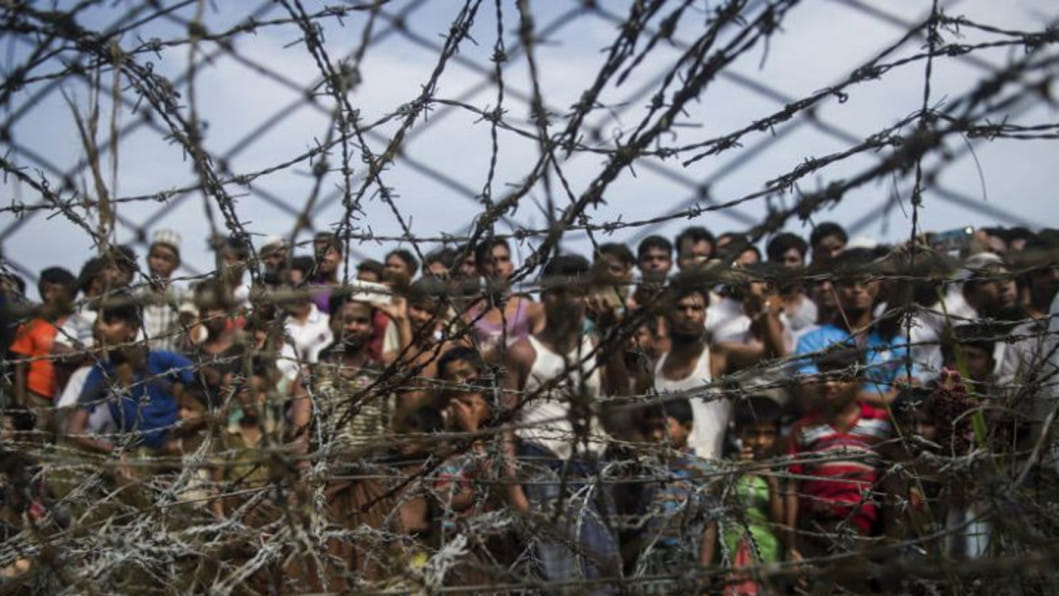Has the world lost interest in the victims of genocide?

It is three years today since the beginning of the mass exodus of Rohingya refugees into Bangladesh from their homeland in the state of Rakhine in Myanmar, in order to flee from what has been called the worst genocide of this century. Since August 25, 2017, almost 750,000 Rohingya refugees have taken shelter in Bangladesh to escape persecution in their own country, bringing the refugee population in Cox's Bazar to around 1.1 million. Over the last three years, Bangladesh has had to bear the greatest brunt of the worst humanitarian crisis in recent times, resulting from the execution of Myanmar military junta's long term plans of denuding the area of the Rohingya population.
Myanmar's pogrom of an ethnic minority has been acknowledged as an act of genocide and ethnic cleansing by the UN and most of the countries of the world. However, nothing has been done to rein in the Myanmar military. All efforts to see the safe return of the refugees to their own country have met with utter failure, thanks to Myanmar's subterfuge. Every time when it appeared that some progress in this regard was being made, Myanmar scuttled the prospect by creating more unrest in Rakhine. Regrettably, the role of China and Russia has contributed to a large extent to Myanmar's intransigence, encouraging its military to ride roughshod over international opinion. Every single resolution at the Security Council to take strict action against Myanmar has failed in the face of consistent opposition by these two countries. The Rohingyas have become victims of geopolitics mixed with blatant economic consideration.
As of today, more than a hundred thousand Rohingyas are stuck inside ghettos in Myanmar, living in the most miserable conditions. And the world watches silently while the Myanmar military continues targeting the Rohingya on the flimsy excuse that they are conducting anti-insurgency operations.
And while the Rohingyas in Myanmar are under threat of extinction, those on our side of the border are living an uncertain, indefinite half-life, with no hope of a change in their circumstances anytime soon. Meanwhile the host community has become increasingly frustrated, as the costs of living in the area has soared and neither the economy nor the land can bear the brunt of the pressure. It is thus discouraging to see the matter virtually on the backburner and no longer on the international agenda. While there has been no dearth of assurances from our friends, far and near, of help in the repatriation process, nothing tangible has been done. The international community can ill afford to remain silent any longer.





Comments